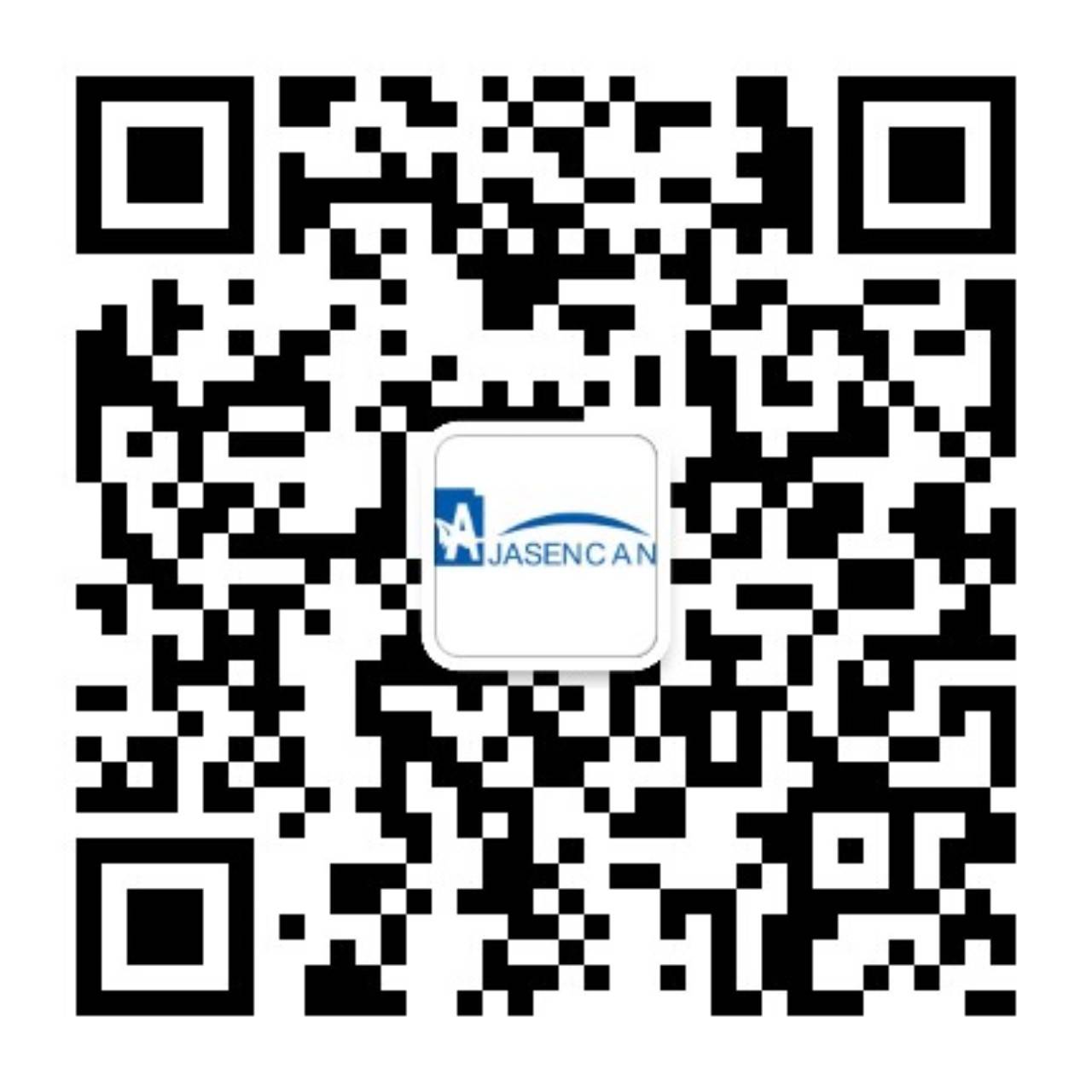Taking orders from Samsung and Apple, TWS Bluetooth headset lithium battery market goes crazy
Time:2020.08.11
View:

In the past two years, because of the rapid rise of true wireless Bluetooth headsets, manufacturers have all entered the Bluetooth headset market. In addition to our common mobile phone manufacturers and audio manufacturers, even Google and Amazon have participated. There is also a very popular ranking on the Internet, which is now the most popular Bluetooth headset brand in first- and second-tier cities:
AirPods: Apple’s mobile phones are well adapted and have few shortcomings;
JEET: Low price and high matching, perfect big brand replacement, good sound quality, low game delay, easy to eat chicken;
Sony: Many styles and deep technology accumulation;
Bose: Comfortable to wear and good stability;
It is precisely because of the rapid growth of the Bluetooth headset market in the past two years that the battery demand for true wireless Bluetooth headsets has increased sharply. Major battery manufacturers have seized this outlet one after another, and the competition is particularly fierce.
The gradual growth of true wireless Bluetooth headsets in recent years has brought huge room for growth in lithium batteries. In 2019, the global shipments of true wireless Bluetooth headsets reached 130 million units, an increase of 124% year-on-year, which correspondingly led to 260 million lithium batteries, excluding rechargeable batteries. It is estimated that in 2020, the shipment of true wireless Bluetooth headsets will reach 230 million units, so the demand for lithium batteries is about 460 million.
At present, the unit price of true wireless bluetooth headset batteries on the market is about 15-20 yuan each for high-end, about 7-15 yuan for the middle-end, and less than 5 yuan for the low-end, the median value is 10 yuan, which means that in 2020 The market space of true wireless Bluetooth headset lithium battery will reach 4.6 billion yuan!
Although the world is currently affected and orders from international customers have slowed down, from the perspective of the industry's development logic and overall trend, the mid- to long-term development of true wireless Bluetooth headset batteries is still positive.
The structure of true wireless Bluetooth headsets is complex, and the battery accounts for about 10-20% of the cost. The physical structure of different Bluetooth headsets is also different. For example, AirPods are mainly composed of chips, batteries, audio controllers, flexible circuit boards and other components. , Battery costs accounted for 20%.
The main suppliers of button batteries are Varta, Yiwei Lithium Energy, Penghui Energy, and Zijian Electronics. Valta shipped 30 million units last year and is a technological leader. It is a supplier of Apple and Samsung. However, it has the problem of insufficient production capacity. Because it will give priority to Apple’s orders, many of Samsung’s orders have shifted. Yiwei Lithium Energy. The main customers of Penghui Energy are JBL, and Zijian Electronics is Huawei, Xiaomi, Edifier, etc.
Yiwei Lithium Energy also recently disclosed a plan. It plans to issue 95 million shares and raise 2.5 billion yuan, mainly for lithium-ion batteries for Bluetooth headsets, high-temperature lithium manganese battery projects for tire pressure testing and Internet of Things applications, and ternary square power batteries Mass production research and testing center project.
True wireless Bluetooth headsets use the form of two headsets with a charging box. The charging compartment has a battery, and each headset will also carry a battery. The charging compartment generally uses a soft pack battery, and the headset is mostly pin or buckle The technical difficulty of the headset battery is higher than that of the soft pack battery.
The batteries of true wireless Bluetooth headsets mainly include button batteries and soft pack batteries. The battery capacity of the button battery is higher than that of the pin battery. The first and second generations of Apple AirPods use pin batteries. The second generation battery has a battery capacity of 93mWh while the AirPods Pro uses a button battery. The battery capacity is up to 190mWh, so even AirPods Pro With the addition of active noise reduction, its battery life is no worse than the first and second generations of AirPods.
In addition, in terms of shape, the shape limitation of the pin-type battery makes AirPods first and second generations have a long tail, while the overall size of the AirPods Pro with button batteries is significantly smaller, and the wearing comfort and aesthetics are better.
The button battery itself is divided into coiled battery and laminated battery. The energy density, production efficiency and yield of coiled battery are more advantageous. Therefore, it is expected that coiled button batteries will become the mainstream of true wireless Bluetooth headsets in the future. .
Although Varta is still a major technology manufacturer, domestic manufacturers have made great progress. Take the ICR1254 battery, both domestic manufacturers and Varta have mass-produced this battery. From the performance point of view, domestic manufacturers and Varta are in the 1254 model. The amount of difference in battery products is not big, and the cycle life and attenuation speed of the second-generation Yiwei Lithium 1254 battery has also achieved surpassing Varta.
In fact, everyone can rest assured about domestic production. Take Bluetooth headsets. Domestic Bluetooth headsets are actually very good. For example, Xiaomi took the advantage of price and ranked second in the world in shipments last year, second only to Apple. There are still many domestic manufacturers with solid technology. JEET Bluetooth headset is one of them. It silently updates the firmware and reduces the delay rate of Qualcomm chips to 160-180 milliseconds. The human ear can hardly feel the delay. This is the first in the industry.





